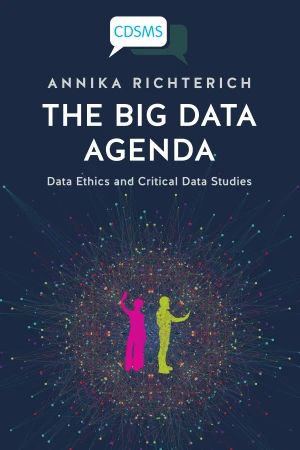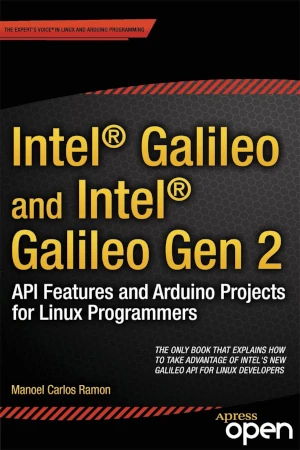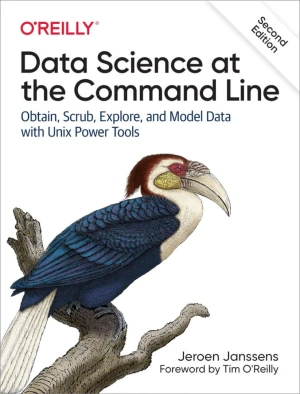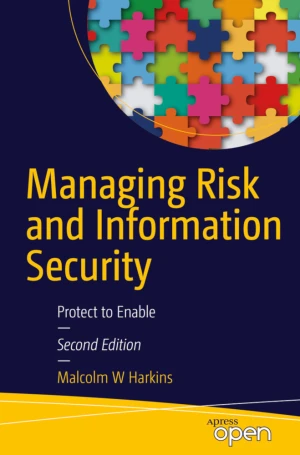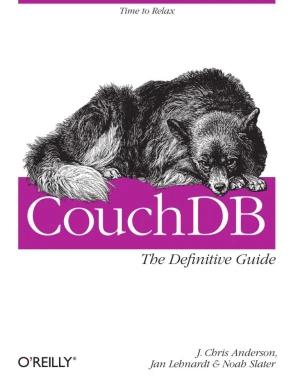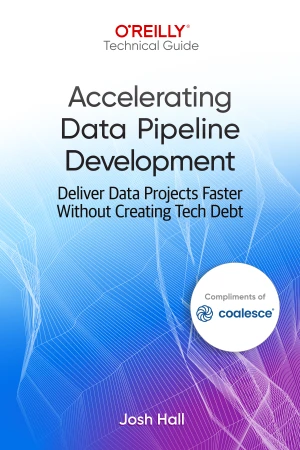Critical Data Literacy
Strategies to Effectively Interpret and Evaluate Data Visualizations
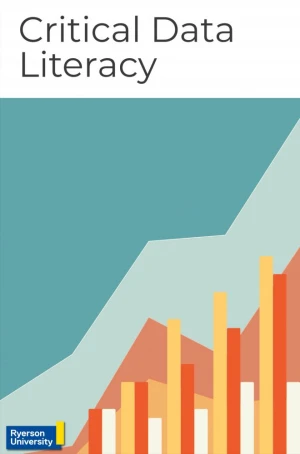
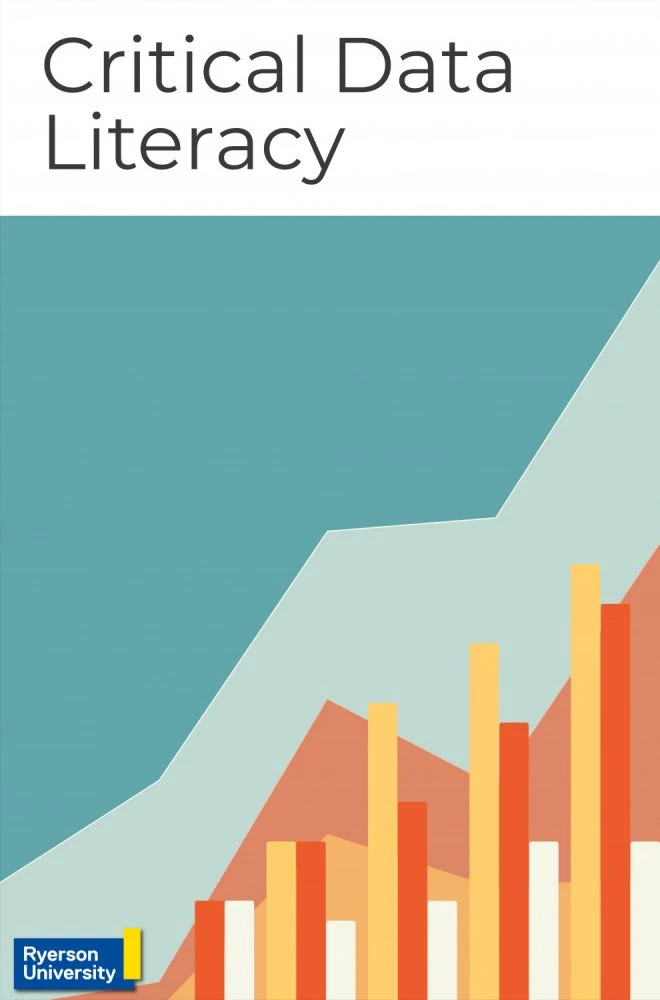
Book Details
| Authors | Nora Mulvaney, Audrey Wubbenhorst, Amtoj Kaur |
| Publisher | Ryerson University |
| Published | 2022 |
| Edition | 1st |
| Paperback | 112 pages |
| Language | English |
| License | Creative Commons Attribution |
Book Description
A short course for students to increase their proficiency in analyzing and interpreting data visualizations. By completing this short course students will be able to explain the importance of data literacy, identify data visualization issues in order to improve their own skills in data story-telling. The intended outcome of this course is to help students become more discerning and critical users of data, graphs, charts and infographics.
The need to understand data visualizations has never been more important. Every day we are inundated with more data, graphs and charts. Some of these data visualizations are well-designed and easy to understand, and others are confusing and misleading.
Data literacy is often framed as a set of skills for data professionals, but we believe data literacy is for everyone. Everyone can benefit from improving their understanding of how data is created and their ability to analyze and interpret data.
In this book, we will introduce the key stages in the data journey, discuss why data visualizations can be so effective at conveying information, and provide an overview of different ways of presenting data and different types of data visualizations.
This book is available under a Creative Commons Attribution license (CC BY), which means that you are free to copy, distribute, and modify it, as long as you give appropriate credit to the original author.
If you enjoyed the book and would like to support the author, you can purchase a printed copy (hardcover or paperback) from official retailers.
Download and Read Links
Share this Book
[localhost]# find . -name "*Similar_Books*"
The Big Data Agenda
This book highlights that the capacity for gathering, analysing, and utilising vast amounts of digital (user) data raises significant ethical issues. Annika Richterich provides a systematic contemporary overview of the field of critical data studies that reflects on practices of digital data collection and analysis. The book assesses in detail one
Intel Galileo and Intel Galileo Gen 2
Intel Galileo and Intel Galileo Gen 2: API Features and Arduino Projects for Linux Programmers provides detailed information about Intel Galileo and Intel Galileo Gen 2 boards for all software developers interested in Arduino and the Linux platform. The book covers the new Arduino APIs and is an introduction for developers on natively using Linux.
Data Science at the Command Line, 2nd Edition
This thoroughly revised guide demonstrates how the flexibility of the command line can help you become a more efficient and productive data scientist. You'll learn how to combine small yet powerful command-line tools to quickly obtain, scrub, explore, and model your data. To get you started, author Jeroen Janssens provides a Docker image packed wit
Managing Risk and Information Security, 2nd Edition
Examine the evolving enterprise security landscape and discover how to manage and survive risk. While based primarily on the author's experience and insights at major companies where he has served as CISO and CSPO, the book also includes many examples from other well-known companies and provides guidance for a management-level audience. Managing Ri
CouchDB: The Definitive Guide
Three of CouchDB's creators show you how to use this document-oriented database as a standalone application framework or with high-volume, distributed applications. With its simple model for storing, processing, and accessing data, CouchDB is ideal for web applications that handle huge amounts of loosely structured data. That alone would stretch th
Accelerating Data Pipeline Development
Today's data engineering teams are overwhelmed - juggling fire drills and endless requests while relying on manual, repetitive processes for building data pipelines. This much-needed tech guide from author Josh Hall introduces a practical approach to streamlining pipeline development, empowering teams to work smarter, not harder. Using Coalesce, a

